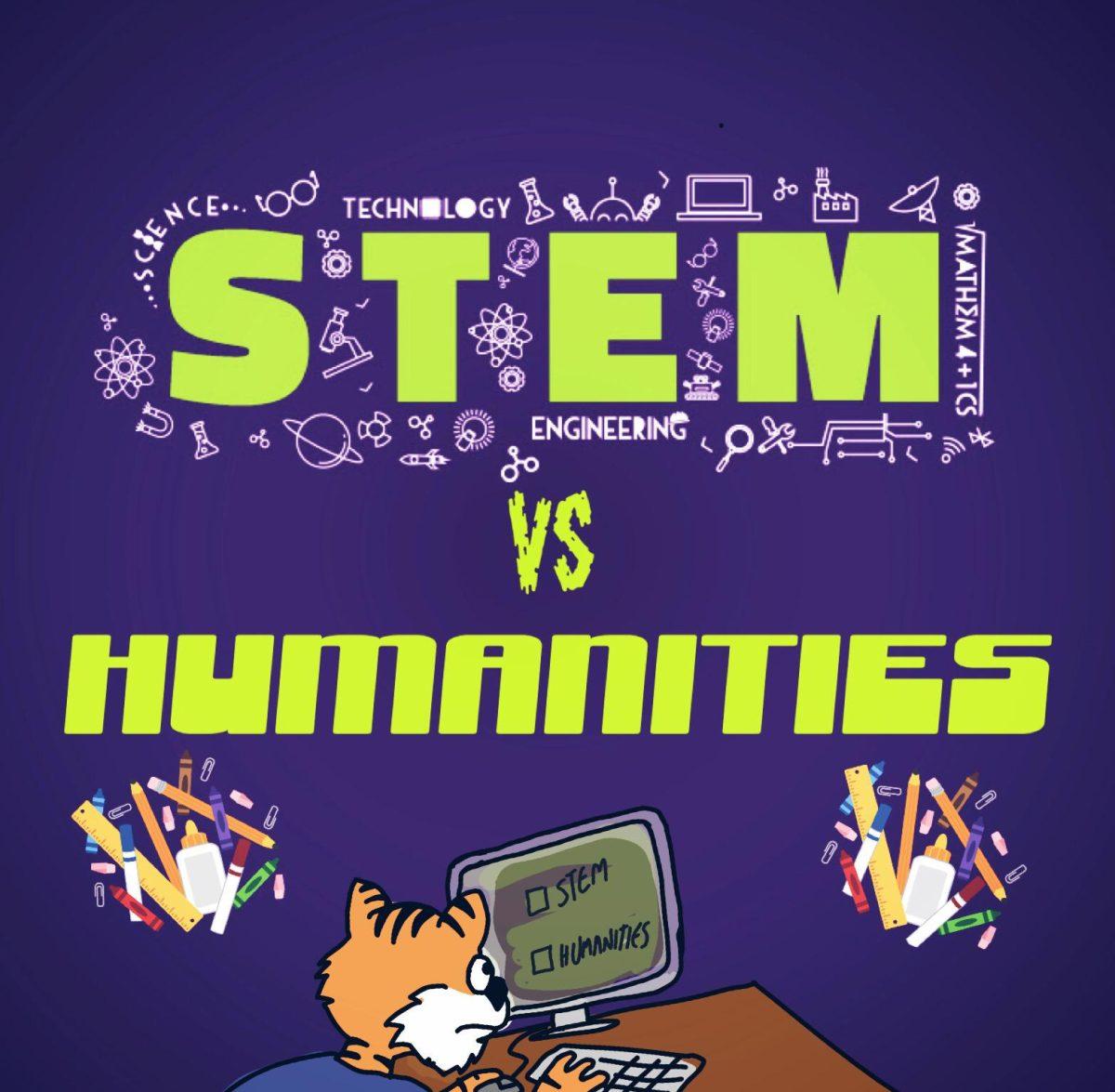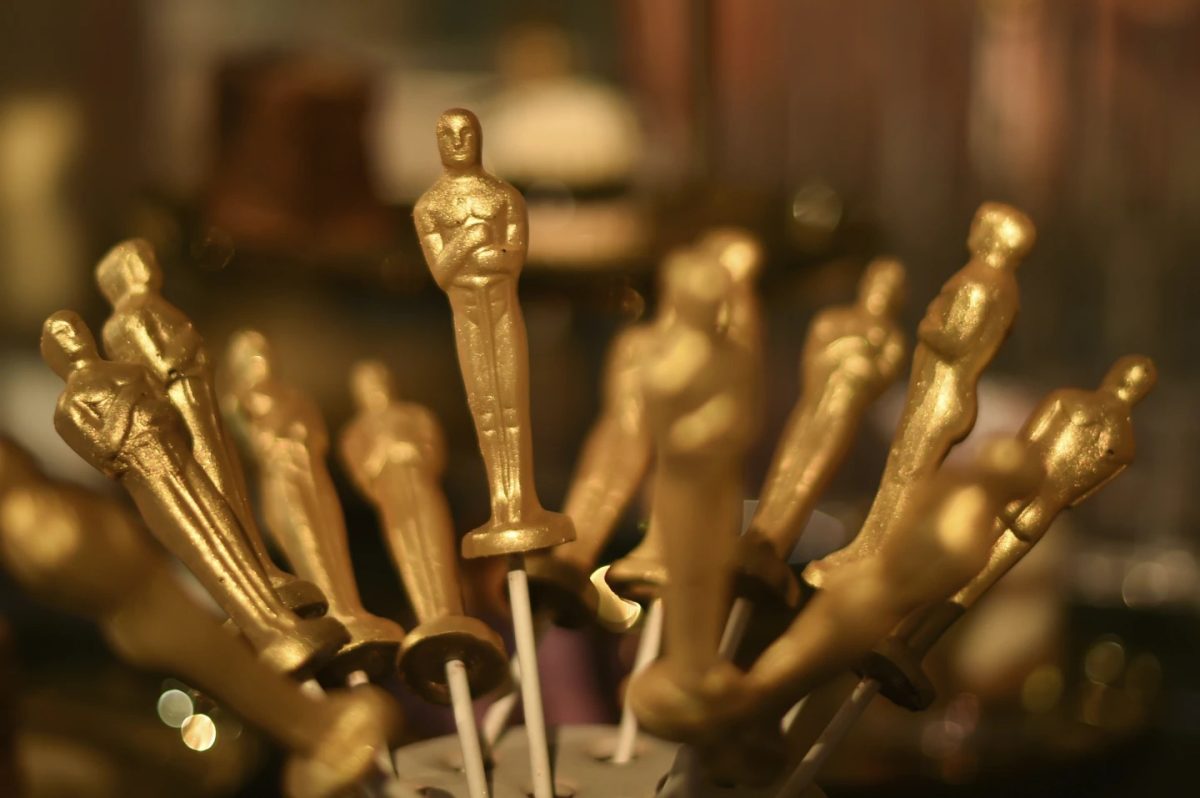For college freshmen, choosing a major is more than simply choosing a career path. One’s college experience, choice of friends, extracurricular interests and, most crucially, personality seem to both define and be defined by one pivotal choice: STEM or humanities?
STEM majors are analytical, awkward and driven by facts instead of feelings. Humanities majors are emotional and articulate yet float aimlessly through life. These stereotypes reflect the perceived relationship between the two fields; human equivalents of the right-brain/left-brain theory.
However, this false dichotomy between STEM and the humanities is a historical at best and insidious at worst. Many of history’s greatest thinkers, from Aristotle to Charles Darwin, were as deeply interested in philosophy and the human condition as they were in physics and biology.
Blaise Pascal, a 17th-century French mathematician, used his naturalistic observations of human anatomy to answer philosophical questions on human perception and consciousness, creating theories that were precursors to the modern field of psychology.
Centuries later, we have unfortunately abandoned this holistic view of learning about the world. The Twitter devotees of SpaceX billionaire Elon Musk are all too willing to excuse his ethical lapses since, as a scientific mastermind, he is apparently unable to think critically about how his actions will affect the greater public. Needless to say, the human brain is more than capable of both understanding rocket science and having empathy for one’s employees.
The increasing entrenchment of stereotypes on STEM and humanities majors has alternatively liberated and constrained college students. STEM majors who identify strongly with their major are often relieved that they’re not expected to hone their basic writing skills or cultural awareness, just as some humanities majors are fine with not knowing how to read a basic graph. Those who don’t fit snugly into the stereotype, however, can easily feel out of place and adrift in college.
I was one of those students who felt uneasy with my position on the STEM-humanities continuum. I liked structuring my essays and learning about new cultures just as much as I liked the satisfaction of solving a long math problem or meticulously measuring a solution in a test tube. I loved talking about my feelings yet relished the objectiveness of raw data.
This caused immense complications when choosing my career path. I felt drawn to the field of medicine, yet the most visible pre-med students seemed so singularly devoted to biology and anatomy that I feared my many interests outside of STEM precluded my success as a candidate.
I gradually realized that a diversity of interests is a strength rather than a weakness. Knowing how the body functions and reacts to disease is crucial, but so is knowing how to relay complex information effectively and compassionately to a patient.
What’s more, rejecting the STEM-humanities dichotomy enriched my educational experience by making complex subjects more personable and therefore retainable.
When studying genetics, I thought about how the weak veins in my grandfather’s eyes, dangerously prone to popping under high pressure, led him to fail the medical exam necessary to become a pilot. He subsequently became a teacher and met the lovely coworker who would become my grandmother.
When I relate that chance inheritance of a weak eye vein gene to my very existence, I am reminded of the profound and real-life impact of those otherwise impersonal chromosomes in my genetics problems.
Ultimately, we are feeling humans in a physical world just as we are biological organisms within a socio-cultural climate. Our white blood cell count and the Sun’s energy defines our lives just as much as the love we receive and the art we consume.
Although we don’t all need to be experts in any of these topics, recognizing that data and creativity and logical reasoning and intuition can and should coexist in your worldview is instrumental in avoiding the “unexamined life” Socrates deemed not worth living.
Cécile Girard is a 20-year-old psychology junior from Lake Charles.







